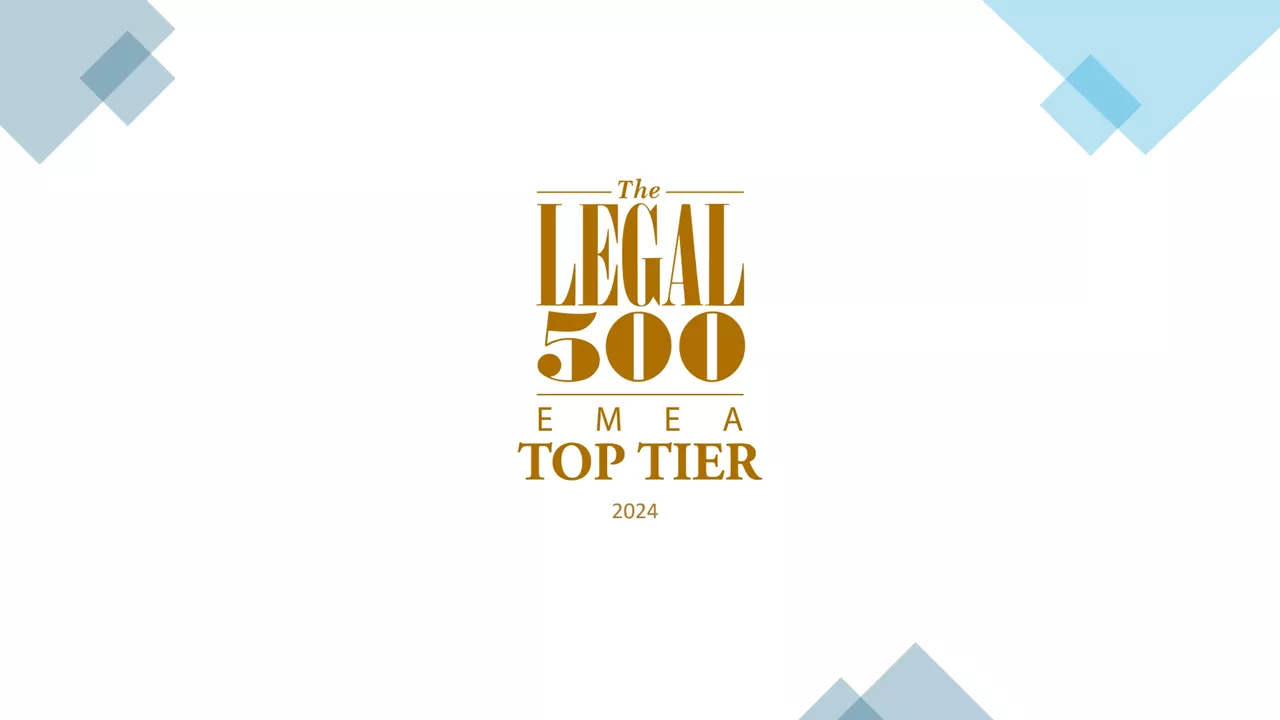The war in Ukraine has created a unique situation in the international energy market. To combat rising energy prices, the Dutch government plans to implement a temporary and generic price cap for electricity and gas for small consumers as of 1 January 2023. In short, the energy price cap entails small users, such as households, self-employed persons and some small and medium-sized businesses (SMEs), paying a maximum rate for a capped volume of their electricity and gas consumption. The government announced that the energy price cap will be implemented by means of a subsidy scheme that compensates energy suppliers for the loss of revenue they suffer due to the energy price cap. The details of this subsidy scheme are as yet unknown.
In addition, the European Commission has also introduced measures to combat rising energy prices. The regulation introduces measures for member states to reduce their demand for electricity and redistribute the additional revenues from the energy sector to households and SMEs. Furthermore, the European Commission has also proposed an additional new emergency regulation to address high gas prices in the European Union.
In this ILO article, Veii Jacobs provides an update on recent developments regarding the Dutch energy price cap and the European measures.
Click here for the article (English).



